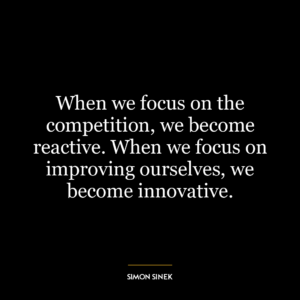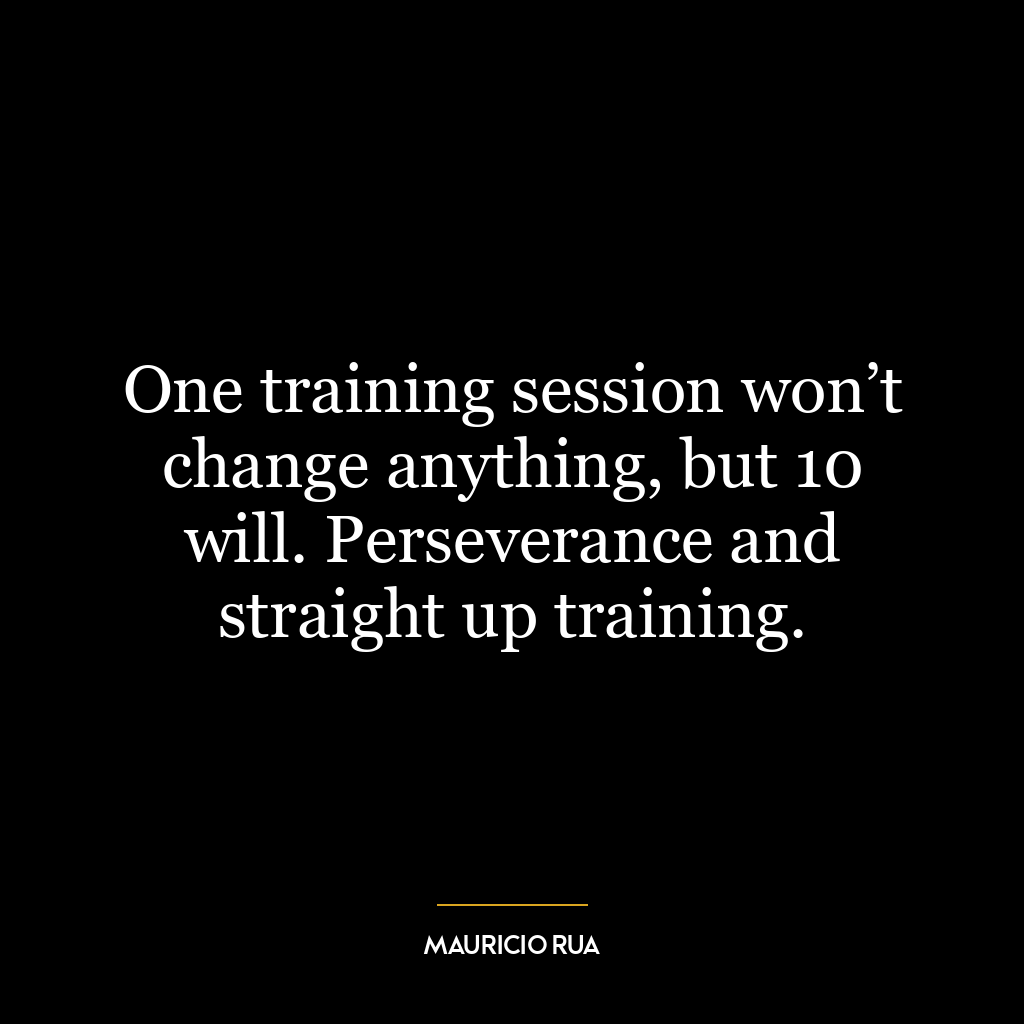Great leaders don’t blame the tools they are given. Great leaders work to sharpen them.
This quote emphasizes the importance of adaptability and resourcefulness in leadership. It suggests that great leaders do not complain about the resources or tools they are given, but rather, they focus on improving and maximizing what they have. This could be anything from a team of employees to software systems or business strategies. The metaphor of ‘sharpening tools’ implies that leaders should continuously work on developing their skills, their team’s abilities, and the strategies they employ.
In a broader sense, this quote also highlights the importance of taking responsibility. By not blaming the tools, leaders are essentially acknowledging that they are the ones in control and that the success or failure of their endeavors ultimately rests on their shoulders. This cultivates a culture of accountability and continuous improvement, which are key elements of effective leadership.
In today’s world, where change is constant and rapid due to technological advancements, this idea is more relevant than ever. Leaders are often required to adapt to new tools and technologies, and the ones who succeed are those who can quickly learn and maximize these tools rather than resisting or complaining about them.
For instance, the COVID-19 pandemic forced many businesses to shift to remote work. Great leaders didn’t blame the situation or the tools they had to use. Instead, they adapted, learned to use new digital communication tools, and found ways to keep their teams motivated and productive in a challenging environment.
In terms of personal development, this quote can inspire us to focus on improving ourselves rather than blaming our circumstances or resources. If we don’t have access to the best resources, we should work on making the most of what we have and continuously strive to improve. This mindset can lead to personal growth and success in various aspects of life.









